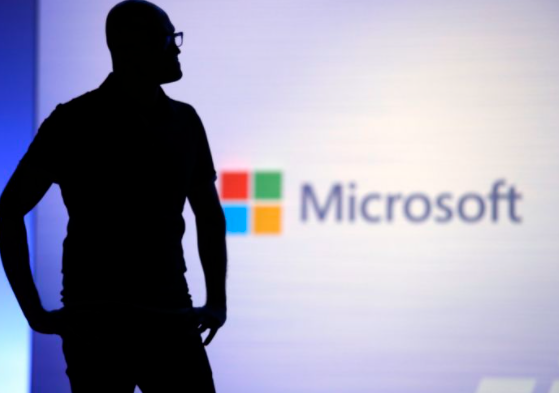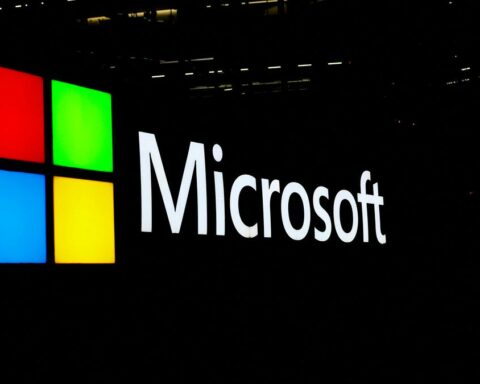Microsoft has said that it has noticed attempts by Russian and North Korean hackers to steal important information from foremost pharmaceutical firms and vaccine researchers.
The company has said that the majority of the attacks in recent months were ineffective, but provided no data on how many prospered or how grave those breaches were.
The United States government while declaring criminal charges has said that the Chinese hackers have further been aiming vaccine-makers.
Microsoft has said that most of the targets are located in Canada, France, India, South Korea, and the US and it was directly involved in investigating vaccines and treatments for coronavirus. The company had not named the targets but has said that the majority of them had vaccine candidates in numerous stages of clinical trials.
Microsoft recognized one of the state-backed hacker groups like Fancy Bear, the Russian military agents who UK’s National Cyber Security Center has said that they were behind such interruption attempts. 2 others were Lazarus Group and a group that the company calls Cerium.
The majority of the break-in efforts contained attempts to steal the login identifications of people linked with the targeted organizations. The Lazarus Group posed as job recruiters while Cerium aimed spear-phishing emails that impersonated as communiqués from WHO’s representatives.
The blog post accorded with arrival by Microsoft’s president Brad Smith at an international forum calling on countries to protect health care facilities from cyberattacks. In 2020, the Paris Peace Forum is taking place online.
Optimism about a coronavirus vaccine has grown since Pfizer stated previously this week that introductory data showed its vaccine to be 90% effective.
At the same time, the cases of coronavirus are surging. In the United States, deaths each day have soared more than 40% over the past 2 weeks to an average of more than 1,100, the uppermost level in 3 months.









